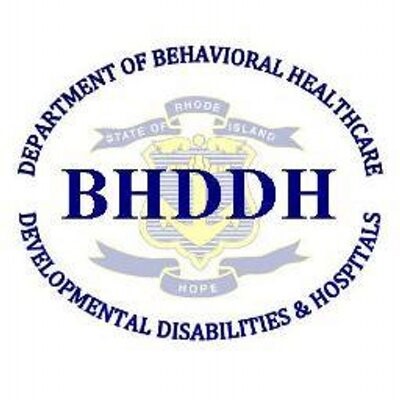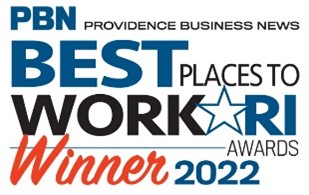Project SUCCESS

Since 1987, RISAS has implemented Project SUCCESS (Schools Using Coordinated Community Efforts to Strengthen Students) in Rhode Island middle and high schools.
Recognized by the Substance Abuse and Mental Health Services Administration (SAMHSA) as an evidence-based program, Project SUCCESS is proven effective in preventing and reducing substance use among youth ages 12 to 18.
The program embeds a specially trained, master’s-level Student Assistance Counselor within each school, providing students with direct access to services. This model enables early identification and intervention for risk factors related to alcohol and drug use, including early drinking, poor academic performance, tardiness, absenteeism, and behavioral issues.
As of August 2024, Project SUCCESS operates in 36 middle schools and 40 high schools across 32 school districts in Rhode Island. Over 52,000 students will have access to a Student Assistance Counselor in their school, 6,121 students received at least one topic of the Prevention Education Series curricula, and 6,288 were assessed for substance use.

Parents, school administrators, teachers, and community members find Project SUCCESS a highly effective model for addressing alcohol and other drug use that can negatively impact adolescents’ academic success and well-being.
How Project SUCCESS Works
Project SUCCESS services, which are delivered in school by RISAS student assistance counselors, include:
- Prevention Education Series (PES) is a six- to eight-session alcohol, marijuana, tobacco, and other drug program typically delivered in seventh and ninth grade.
- Confidential Assessment for alcohol and other drug use and other behavioral health problems that interfere with school performance, attendance, and behavior.
- Individual and Group Counseling are time-limited sessions designed to prevent or reduce substance use and foster resilience in youth living with a parent or caretaker with a substance use disorder.
- Referrals to Substance Abuse and/or Mental Health Treatment Agencies when appropriate and case management and follow-up services.
- School-Wide Awareness Activities for students, school personnel, and families about substance use and mental health and where to go for help.
- Parent Programs are conducted in person and online and may include, but are not limited to: education and information at parent orientations/open houses, webinars for parents, community forums, and newsletters.
- Onsite and Virtual Consultation and Professional Development for school personnel to increase identification, prevention, and early intervention strategies for adolescent and pre-teen substance users and students at risk for substance abuse.
Project SUCCESS Frequently Asked Questions
What qualifications do student assistance counselors have?
All of our student assistance counselors have a Master’s degree in social work, psychology, counseling, or other related area. They have experience counseling adolescents and are very familiar with evidence-based prevention strategies and how to motivate and intervene with teens who are using substances.
How are students referred to a student assistance counselor?
Do student assistance counselors only see students who are using substances?
No. Student assistance counselors identify and help youth exhibiting risk factors before alcohol and other drug use begin. Risk factors include, but are not limited to, trauma, depression, anxiety, poor school performance and family violence. This early identification and intervention approach has proven effective in delaying the initial use of alcohol and other drugs and reducing associated school and life problems.
Is there help in school for teens who are living with a family member or caretaker with a substance use disorder (SUD)?
Is treatment for students available?
Are student assistance services confidential?
Do students need to have health insurance to see a student assistance counselor? Is there a fee for these services?
What if I do not want my student to see a student assistance counselor?
RISAS is a Recovery Friendly Workplace and an equal opportunity employer.



